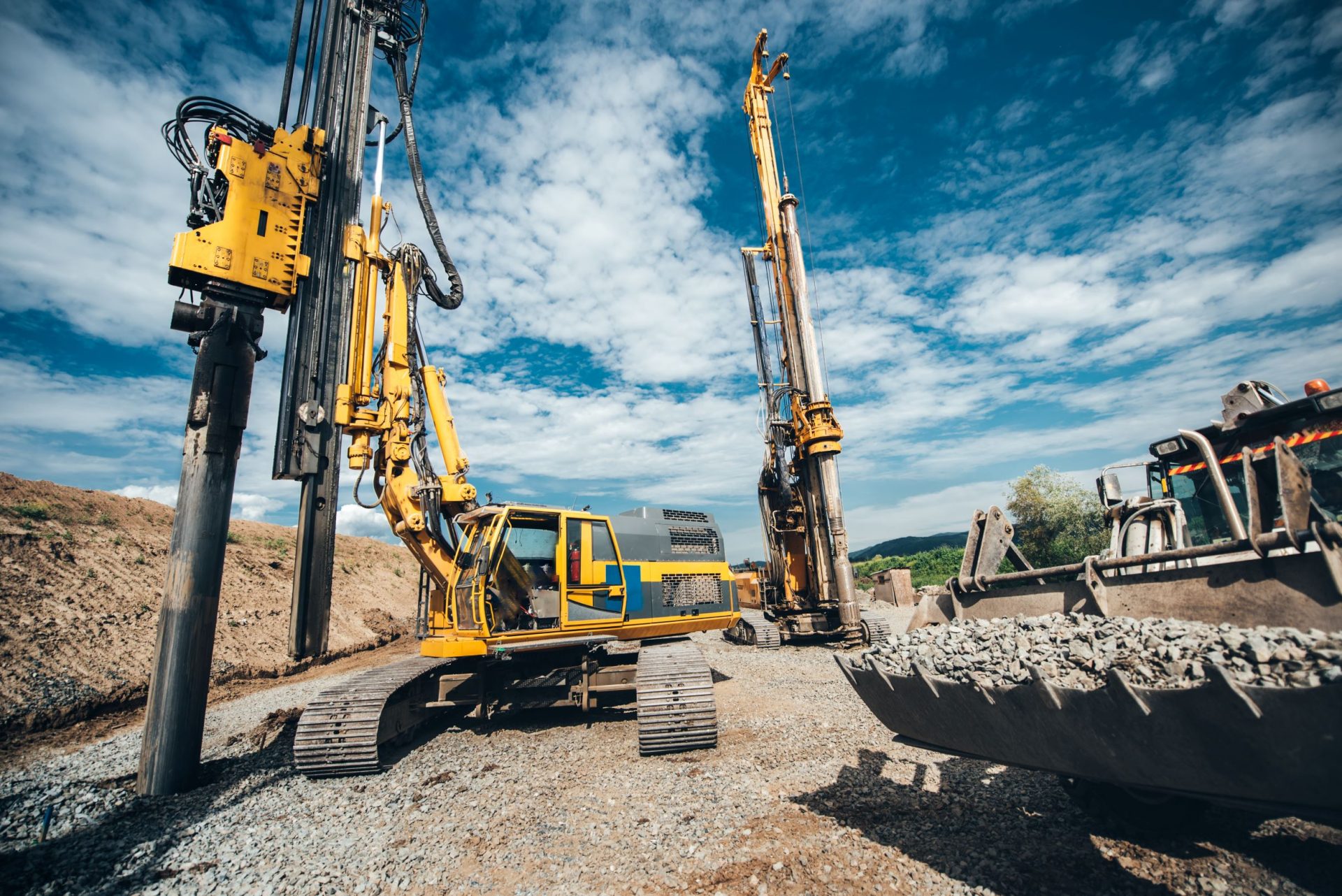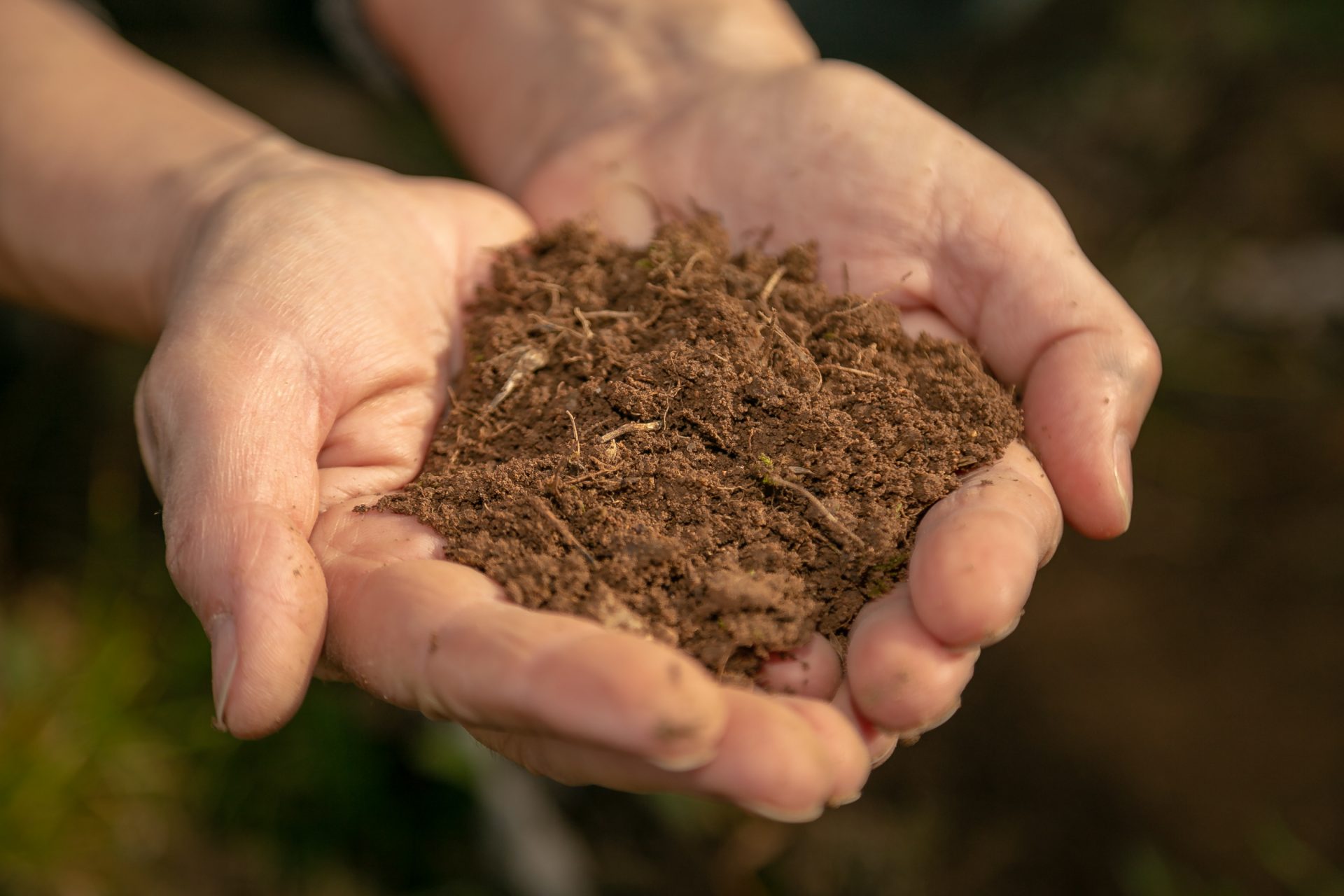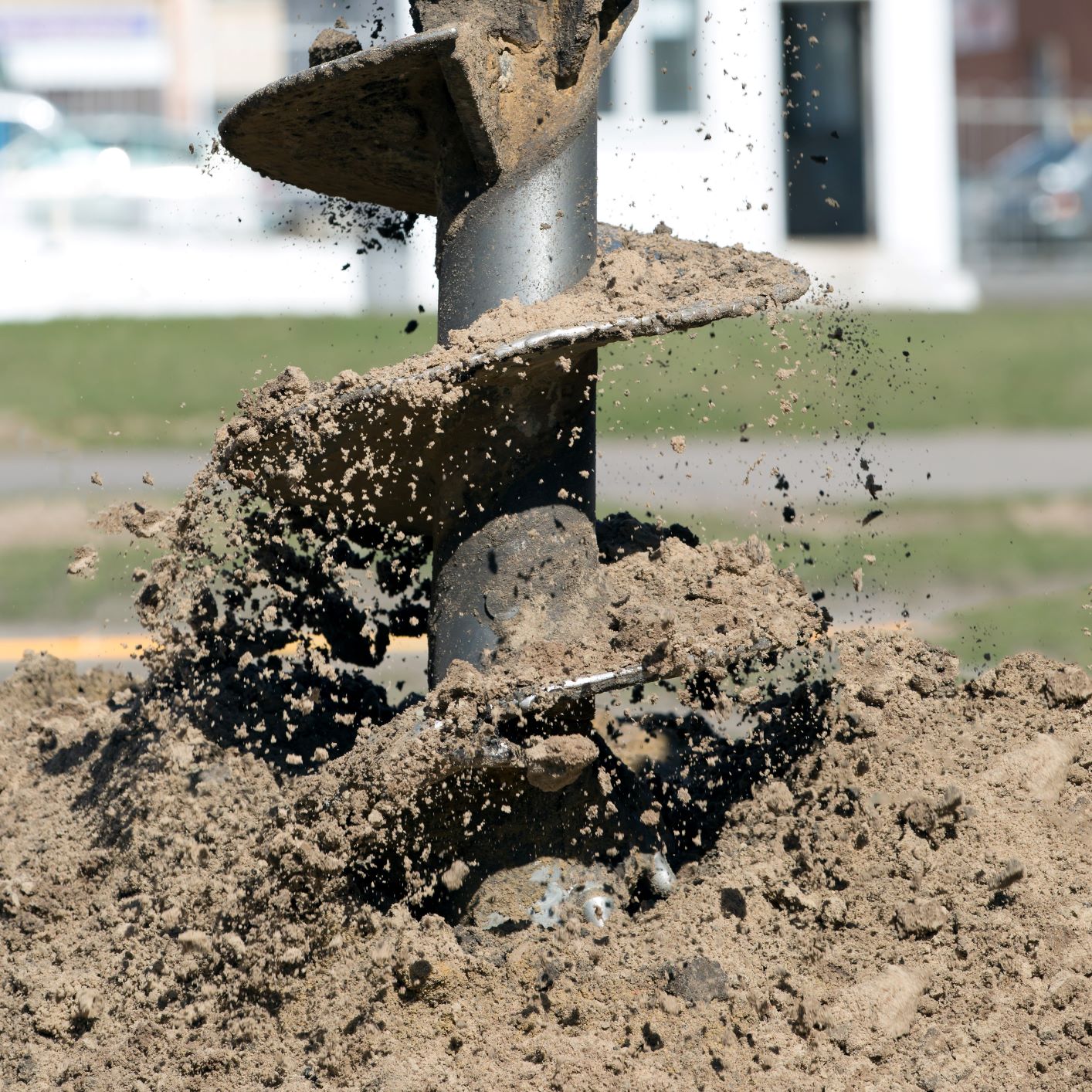Geotechnical engineering is one of the most important disciplines within the broader civil engineering sector. Still, it’s one of the least well understood – by fellow civil engineers working on structures and roadways and the general public. Geotechnical engineers are most often found getting down and dirty out in the field. And while they may not have the glamorous job of constructing an eye-catching skyscraper or long-span bridge, don’t underestimate their importance.
Geotechnical engineers work hard studying and testing soil and rock to determine their engineering properties and how they can support foundations or retain tall walls of earth. Not only do geotechnical engineers design important components of buildings and bridges, they can also protect their communities from landslides and sinkholes by developing remediation strategies for problematic soils.
FAQS
Let’s try and answer some of the most common questions about geotechnical engineering and soil properties and how the field relates to civil engineering at large.
Geotechnical Engineering & Civil Engineering
What is the meaning of geotechnical?
What is meant by geotechnical engineering?
What is the role of a geotechnical engineer?
What does a geotechnical engineer do?
Why is geotechnical engineering important?

Is Geotechnical Engineering right for me?
Is geotechnical engineering a good career?
A career as a geotechnical engineer can be incredibly rewarding and challenging. Geotechnical engineers work on projects that require them to design foundations, retaining walls, tunnels, embankments, dams and slopes. They work with soil and rock and evaluate subsurface conditions with engineering judgement. No two sites are the same because earth materials’ engineering properties can vary wildly, even on the same project location. Geotechnical engineers are given more freedom to use their own engineering judgment and develop creative design solutions than other disciplines, and many are very passionate about their work.
Is geotechnical engineering hard?
Service stations like dumping sites, are land contaminated on purpose. Of course, with a set of protocols and proper disposal activities, the land contamination levels are set to a minimum. Accidental land contamination happens by unintentional spillage of harmful chemicals to land surface like oil spills or gas spills. Natural land contamination is often due to decaying sediments or animals.
Moreover, a typical Australian may not be aware that hazardous materials like asbestos were used in building construction in the past. If these buildings are demolished or renovated, asbestos present in the building is destroyed releasing asbestos fibers that cause health risks to repairmen and occupants, making the land accidentally contaminated.
How much does a geotechnical engineer earn?
Geotechnical engineers in Australia work hard and are well compensated for their efforts. According to Payscale, the median salary for a geotechnical engineer in Australia is roughly $77,000, with entry-level salaries in the range of $60,000. Senior geotechnical engineers can earn well over $125,000. Geotechnical engineers often have to make difficult judgement calls on the engineering properties of earth materials like soil and rock. If you are interested in becoming a geotechnical engineer, there are many top-notch civil engineering programs in Australia that can set you on the right path to becoming a professional engineer or engineering geologist.

Soil Mechanics & Soil Engineering
What does a soil engineer do?
How do you become a soil engineer?
What is the difference between Soil Mechanics and Geotechnical Engineering?
What are the different types of engineering problems with soil?
Soil can be a difficult material for engineers to work with because its properties can vary greatly between different soil types. Some of the key problems a geotechnical engineer may face when dealing with soil include excessive settlement of soft or weak soil layers, poor bearing capacity, groundwater fluctuations and stability issues. Clay soils typically pose more problems for engineers, as they can be very expansive with fluctuations in water content. Clay also become extremely brittle when too dry.
If a soil's bearing capacity is too low, remedial measures may be required to increase capacity or deep foundations may be used to bridge the gap to a stronger bearing stratum. Soils that are prone to liquefaction may also lead to landslides, which can be very dangerous and cause significant damage to property.
What are some key soil engineering terms?
- Void ratio – the volume of voids in a soil to the volume of solids
- Porosity – the ratio of volume of voids to the total volume
- Saturation – the volume of water to the volume of voids. Saturation is at zero when soil is fully dry and 100% when soil is completely wetted.
- Friction angle – angle whose tangent is the ratio of the maximum shear stress that resists slippage between two solid bodies at rest and the normal stress across the constant surface. A soil’s friction angle is determined through shear testing and is used in many of the empirical formulas for bearing strength.
- Bearing capacity – the value of the contact pressure between the foundation and the soil which will produce shear failure in the soil. Safety factors are typically applied to reach an allowable bearing capacity.
- Cohesion – Applies only to cohesive soils like clay and some silts. It is the shear resistance of a soil at zero normal stress. Physically, cohesion can be felt in a soil sample as a stickiness, or putty-like feeling.
- Liquefaction – the sudden massive decrease in shear resistance of a cohesionless soil. The soil will essentially behave like a fluid and become very weak. This is how landslides occur.

Predictsite is proud of its status as one of the most valuable geotechnical resources for engineers and construction teams in Australia. Through our platform, we offer sophisticated site classification services to meet our clients’ needs. Our talented engineers are proud to serve the engineering and construction industry in Sydney, Melbourne, Brisbane and Adelaide.
Join the dozens of engineers and developers who have turned to PredictSite and Intrax to cut down on their geotechnical costs, provide faster, more accurate estimates, refine their slab designs and determine how best to address problematic soils. View our services here.
